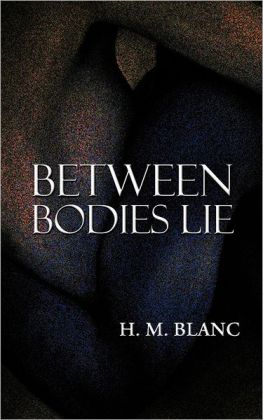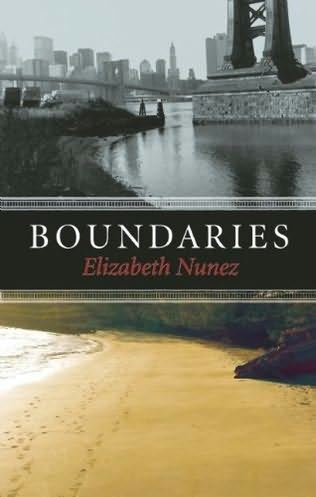by Shivanee Ramlochan, Paper Based Blogger
 Welcome to the beginning of a brand new feature here at Paper Based: our very own online book club! Few activities can encourage a warm sense of readerly community like an intimate gathering of friends, discussing the novels that have moved and inspired, confounded and shocked them, over glasses of wine and potluck dinners. A book club is that reassuring reminder, bolstered by the voices of its members, saying, “The way you feel about books matters; you needn’t be a critic or fancy reviewer for your opinions on good (or lousy) literature to count!”
Welcome to the beginning of a brand new feature here at Paper Based: our very own online book club! Few activities can encourage a warm sense of readerly community like an intimate gathering of friends, discussing the novels that have moved and inspired, confounded and shocked them, over glasses of wine and potluck dinners. A book club is that reassuring reminder, bolstered by the voices of its members, saying, “The way you feel about books matters; you needn’t be a critic or fancy reviewer for your opinions on good (or lousy) literature to count!”
With that sentiment firmly in mind, we’re especially pleased that our first book club pick is also a first novel, one by a promising young talent in Trinidadian fiction. Between Bodies Lie tells an age-old story in a specifically Caribbean setting: that of two life-weary, intelligent souls finding and clinging to each other amidst chaos and declining personal fortunes. Down on his luck as a novelist, Cristobal Porter flees to an unnamed Caribbean island (ostensibly Trinidad, or modelled after it) in search of inspiration and information for a new book. His disenchanted, dominant mistress Nadia follows in his wake, but her waning charms are a paltry match for the mystery and sad beauty of Ana Kaplan, wife of an overbearing American consul. As Ana’s husband and Nadia find their way into each other’s arms, Cristobal and Ana embark on an intense, complex relationship, one whose borders are hard to define, and whose results will be impossible to predict.
Lavishly imagined, composed with a fine ear for the rhythms of language, Between Bodies Lie makes for gritty, satisfying reading. Summed up in a starred Kirkus review as “a masterfully written exploration of the beauty and cruelty of love, as sharp as it is sensual,” the novel’s chief strength lies in its unflinchingness. Blanc really pares down to the marrow of his subject matter, giving the reader frank assessments of human sexuality, island politics and personal frustrations, while imbuing his prose with an almost feral beauty. The novel may not comfort she who reads it cover to cover in one unputdownable sitting, but it seems impossible to walk away from it unmoved, or without several burning questions that crave discussion.
On that note, here are some reading circle questions to get you started! If you’ve got any additional ones to contribute, feel free to leave them in the comments section.
Discussion Questions for Between Bodies Lie:
- Cristobal insists on calling Ana by her full first name, when he learns what it is. Is Ana made up of two distinct selves, a personal and a private one?
- To what extent are all the characters in the novel intensely personal about the secrets in their lives?
- Real love or sun-soaked tropical infatuation: how would you describe Cristobal’s feelings for Ana, and how do you think they’re altered by the final scenes of the novel?
- Cristobal’s research for his novel focuses on the island coup — how wise do you think he is, to delve so deep into tropical politics?
- Do you get a strong sense of Trinidadian society in the author’s portrayal of this unnamed Caribbean destination?
- What do you think of the roles of the less focal characters in the novel, particularly the islanders?
- Focus on Cristobal’s relationship with Coraline — does it strike you as odd, or do you feel a “rightness” to it?
- Say you were Cristobal: would you favour the sad, contemplative mystery of Ana, or the wild, ambitious devastation offered by Nadia?
- Is it possible to say that Cristobal has one ideal type of woman, or does he seek out attractive traits in every woman he sees?



 Welcome to the beginning of a brand new feature here at Paper Based: our very own online book club! Few activities can encourage a warm sense of readerly community like an intimate gathering of friends, discussing the novels that have moved and inspired, confounded and shocked them, over glasses of wine and potluck dinners. A book club is that reassuring reminder, bolstered by the voices of its members, saying, “The way you feel about books matters; you needn’t be a critic or fancy reviewer for your opinions on good (or lousy) literature to count!”
Welcome to the beginning of a brand new feature here at Paper Based: our very own online book club! Few activities can encourage a warm sense of readerly community like an intimate gathering of friends, discussing the novels that have moved and inspired, confounded and shocked them, over glasses of wine and potluck dinners. A book club is that reassuring reminder, bolstered by the voices of its members, saying, “The way you feel about books matters; you needn’t be a critic or fancy reviewer for your opinions on good (or lousy) literature to count!”